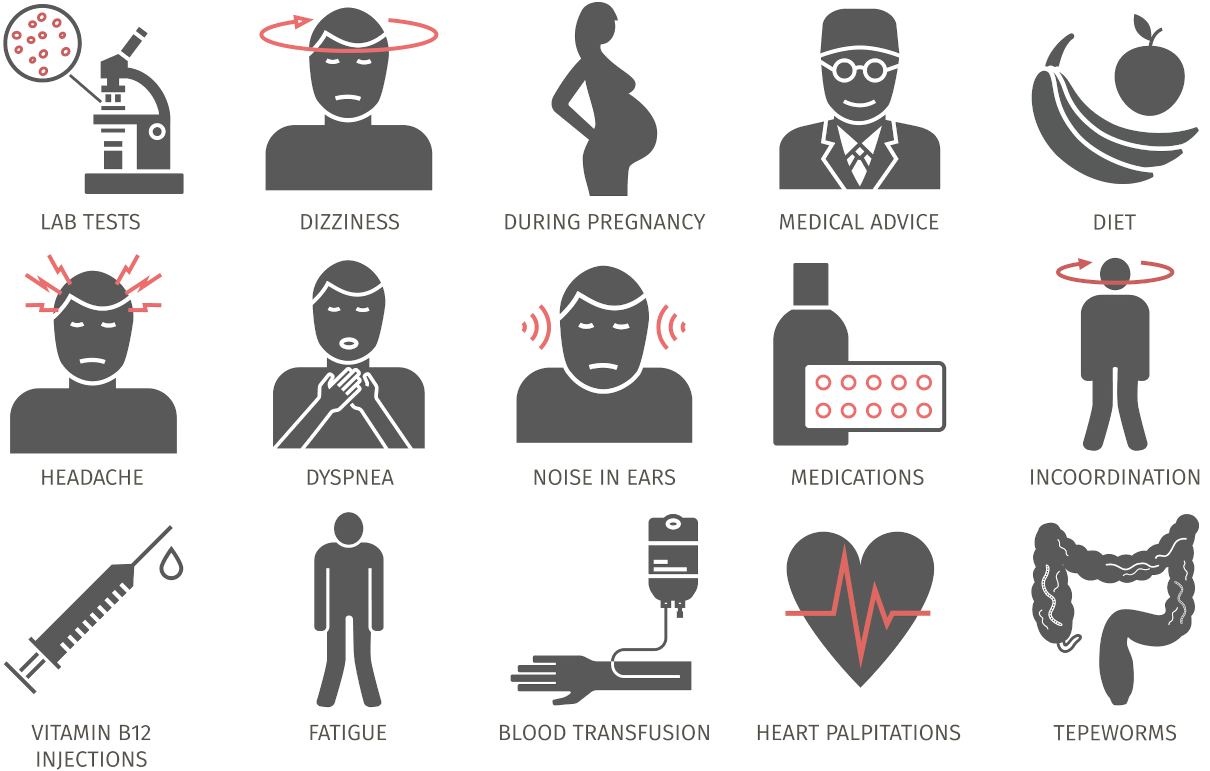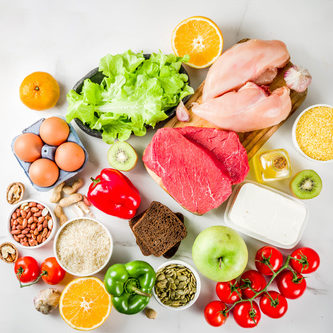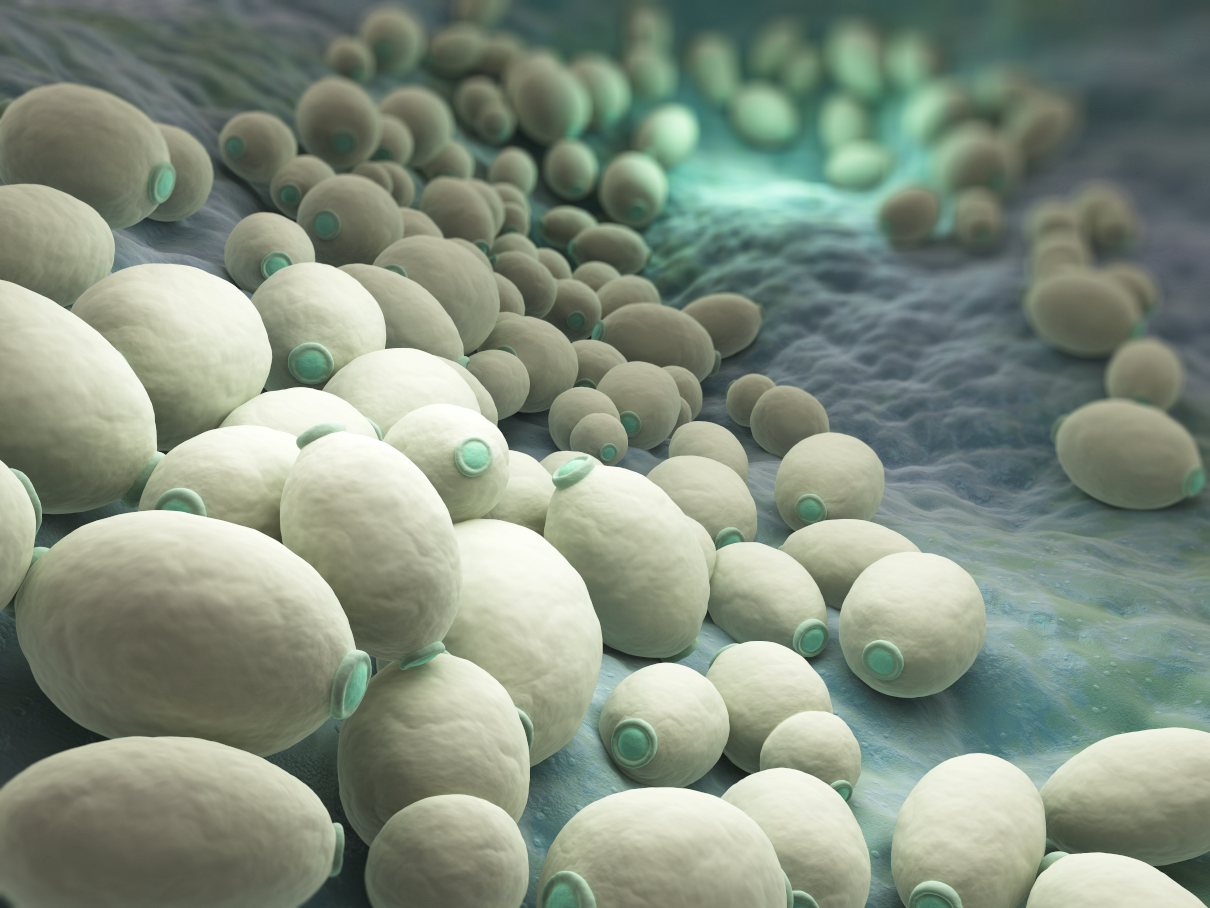
Anaemia is a decrease in the total amount of haemoglobin in the blood. And the reduced level of haemoglobin per unit of blood volume characterises. However, it does not regard acute blood loss. In most cases, anaemia also features a lower level of erythrocytes.
Level of haemoglobin
However, the content of erythrocytes may remain healthy, with a low level of haemoglobin. It occurs in cases of iron deficiency, thalassemia, and abnormal porphyrin synthesis. As to thalassemia, then it may even be higher than average.

Anti parasitic colonic hydrotherapy with bicarbonate of soda
Parkland Natural Health offers colon hydrotherapy with an anti-parasitic implant and bicarbonate of soda as an anti-candida agent. It includes comprehensive consultation.
Blood losses
In acute blood loss (massive haemorrhage or severe haemolysis), the levels of haemoglobin and erythrocytes may remain normal for the first few hours. However, some other apparent symptoms of anaemia appear, such as pale skin, conjunctivae, collapsed veins, palpitations, and dyspnoea during physical activity, and a fall in blood pressure (in some severe cases).
Symptoms
Besides, scientists consider anaemia to be one of the symptoms of some systemic diseases. Therefore, anaemia is always secondary. Alongside frequent and easily diagnosed forms of anaemia, rare anaemic syndromes also require sophisticated diagnostic techniques.

Food intolerance test of 208 ingredients
This is our most comprehensive food and drink test. It analyses your client’s IgG antibody reactions to 208 food and drink ingredients. This test will highlight their food triggers and help you formulate an IgG-guided elimination diet together.











